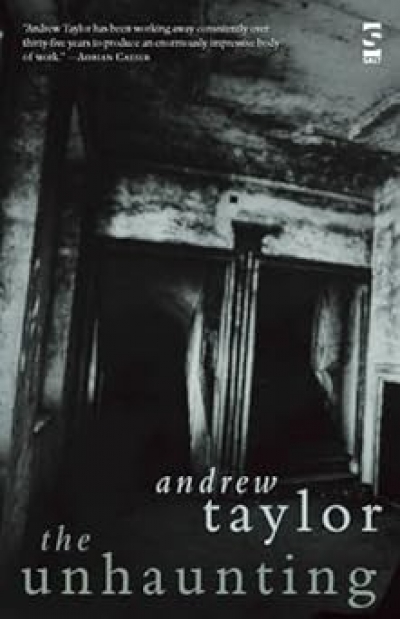Andrew Taylor
'Visiting Peter', a new poem by Andrew Taylor
... (read more)Selected Poems by Andrew Taylor & New and Selected Poems by Philip Martin
by Philip Salom •
The Internet doesn’t tell me
where they’ve gone, my predeceased
contemporaries. It’s
a lengthening list though the more
So much activity outside
where sunlight spills across the snow
like cream –
And midway through the first course
of pickled fish in the restaurant
by the river that night
slid a black on black
barge
under the brilliantly lit
bridge
Götterdämmerung Café by Andrew Taylor & Russian Ink by Andrew Sant
by Paul Kane •







